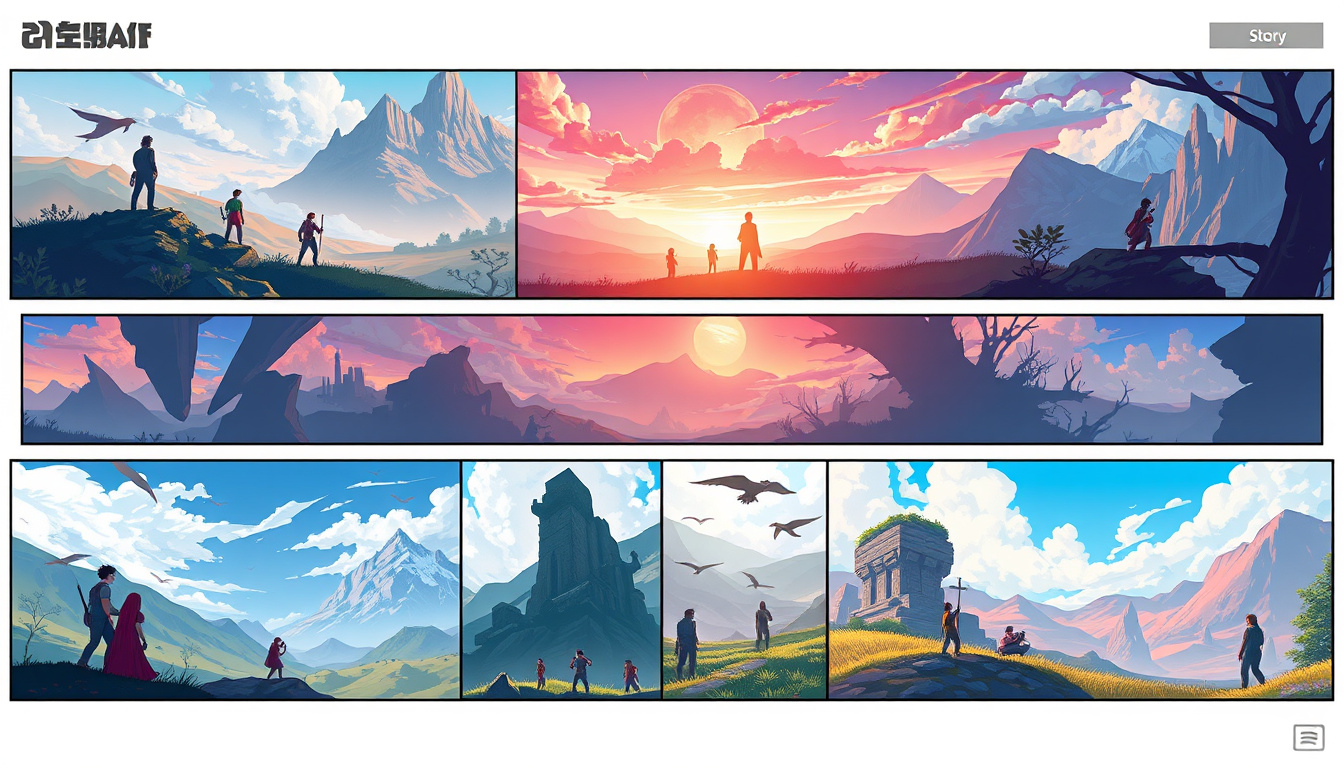Understanding the Competitive World of Screenwriting
The journey to become a successful screenwriter is storied with challenges, victories, and often, a significant number of rejections. The screenwriting industry is incredibly competitive, with thousands of scripts submitted to studios, contests, and agents every year, all vying for a chance to be produced into movies or TV shows. Understanding this competitive landscape is crucial for aspiring screenwriters aiming to make their mark in the world of film and television.
The High Stakes of Screenwriting
At the heart of the competition is the allure of seeing one’s story come to life on screen, coupled with the potential for significant financial and critical success. However, this has led to a saturated market where only a small fraction of scripts submitted are ever produced. This reality sets the stage for the high stakes and intense competition that define the industry.
Breaking Into the Industry
For many screenwriters, the first major challenge is simply getting their script read by the right people. This often involves leveraging screenwriting contests, pitch fests, and networking events to gain exposure. Success in these areas can lead to representation by an agent or a meeting with a producer, both of which are critical steps in getting a script produced. However, these opportunities are limited and highly competitive, with thousands of other writers vying for the same chance.
The Role of Screenwriting Contests
Screenwriting contests are a prominent feature of the industry’s competitive landscape. Prestigious competitions such as the Academy Nicholl Fellowships in Screenwriting and the Sundance Screenwriters Lab receive thousands of submissions each year. Winning or even placing in these contests can catapult a screenwriter’s career forward, offering not just prize money but, more importantly, industry recognition and networking opportunities.
Understanding the Market
A crucial aspect of succeeding in such a competitive field is understanding the market. This includes keeping abreast of current trends in film and television, knowing what types of scripts are in demand, and being aware of which producers or studios are currently buying scripts. Tailoring one’s work to fit the market can increase the likelihood of a script being sold, but it’s a delicate balance between market demands and creative integrity.
The Importance of Persistence and Resilience
Perhaps the most defining characteristic of successful screenwriters is not just their talent for storytelling, but their persistence and resilience in the face of rejection. Many of the most successful screenwriters faced years of rejections before finally breaking through. This sort of perseverance, coupled with an unyielding dedication to refining their craft, is crucial for anyone looking to succeed in the highly competitive screenwriting industry.
The world of screenwriting is fraught with challenges and competition. Success in this arena requires more than just talent; it demands an understanding of the industry’s landscape, a strategic approach to networking and marketing one’s work, and above all, resilience. For those with a passion for storytelling and the determination to persevere, the competitive world of screenwriting can be both a formidable challenge and a rewarding journey.






